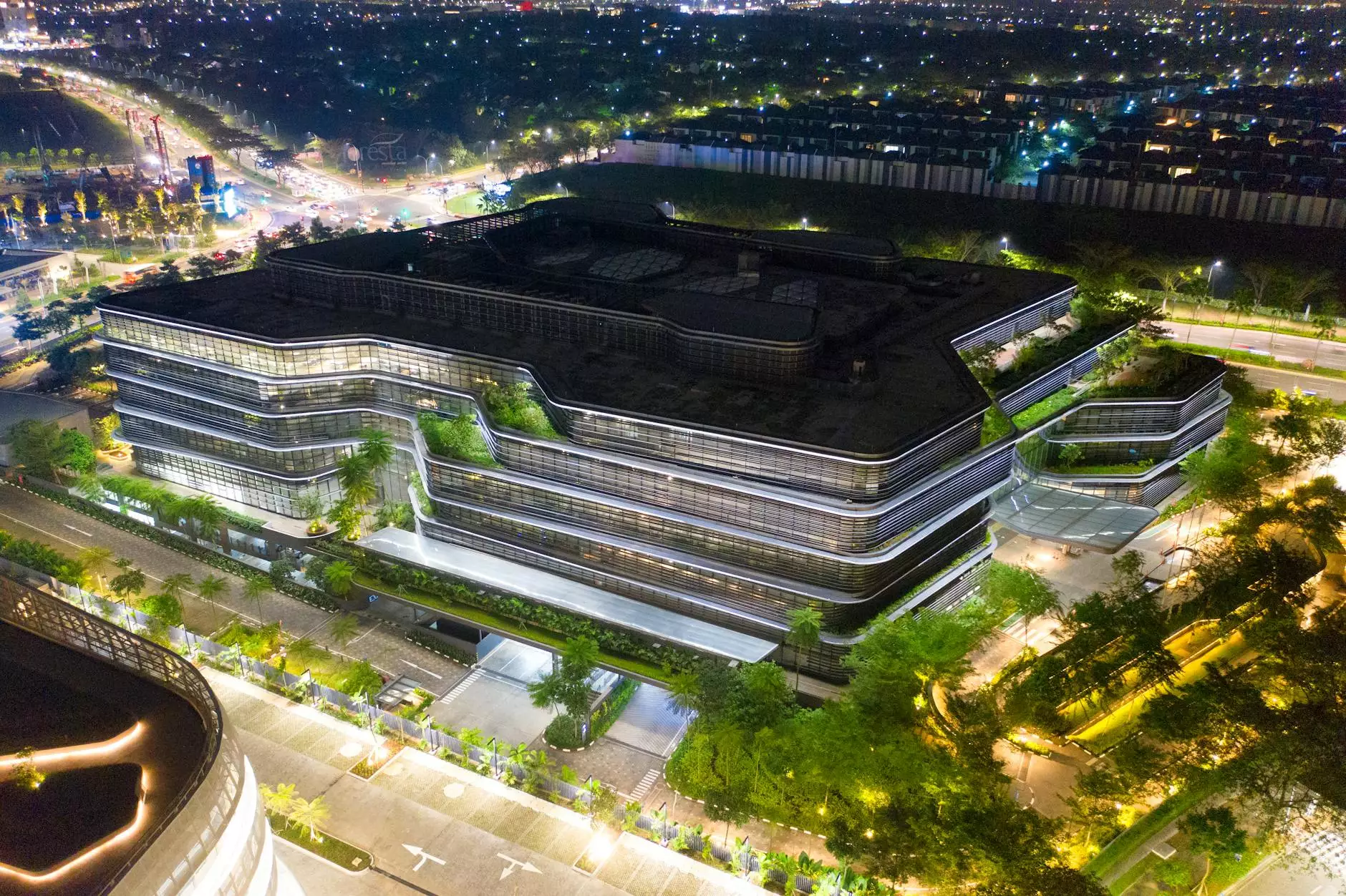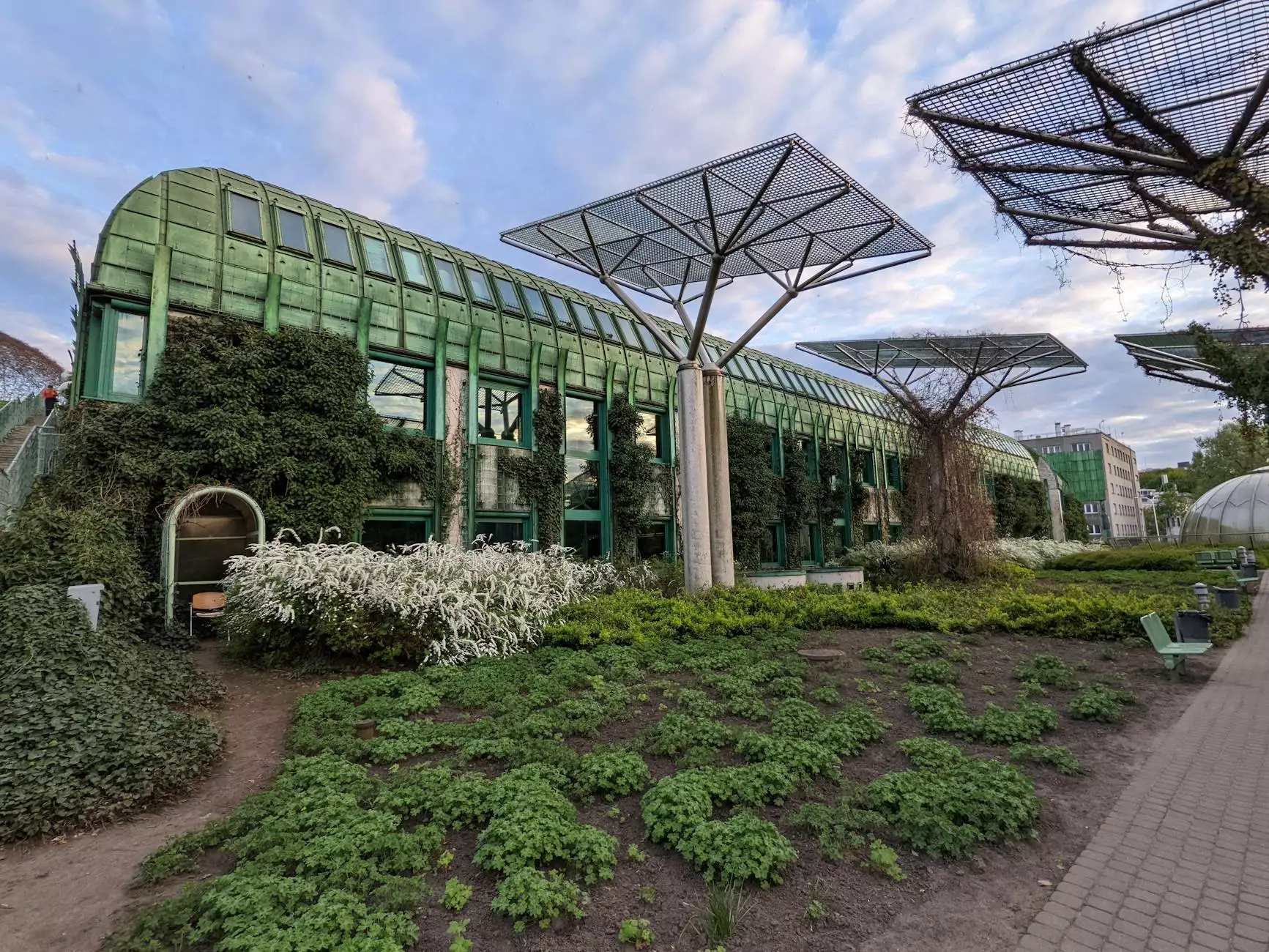The Vibrant Intersection of Business and Life

In today's fast-paced world, the interconnection between business and personal life has become more significant than ever. As we navigate our professional journeys, understanding how our business activities shape our lives—and vice versa—is essential. This article will explore how restaurants and art galleries serve as a mirror reflecting broader business trends while engaging with the sentiments of people within our shared forum about life.
Understanding the Business Landscape
The business landscape has transitioned dramatically over the past decades. Traditionally, businesses focused solely on profit generation. However, modern enterprises now balance social responsibility, sustainability, and community engagement. This shift is particularly evident in sectors like restaurants and art galleries, which directly engage with the public and local communities.
The Role of Restaurants in the Modern Economy
When we discuss the role of restaurants in the economy, we often think about them simply as places to eat. However, they are dynamic ecosystems that promote social interaction, cultural exchange, and economic activity. Here are several dimensions to consider:
- Local Economic Impact: Restaurants contribute significantly to local economies by creating jobs, supporting local suppliers, and attracting tourism.
- Cultural Exchange: They serve as venues for cultural exchange, where diverse cuisines introduce patrons to new flavors and traditions.
- Health and Wellness: With an increasing focus on health, many restaurants now promote healthy eating, which aligns with the growing consumer emphasis on well-being.
Culinary Experiences as Business Strategies
The rising trend of experiential dining has transformed restaurants into entertainment venues. From immersive dining experiences to chef’s tables, these innovations cater to the consumer desire for more than just a meal. By engaging customers with interactive experiences, restaurants can enhance customer loyalty and influence their relationship with the community.
Art Galleries: The Intersection of Creativity and Commerce
Art galleries play a pivotal role in promoting the arts while functioning as businesses. They provide not only a space for artists to showcase their works but also a platform to connect with art enthusiasts and potential buyers.
- Supporting Local Artists: Galleries elevate local talent by providing opportunities for exposure and sales.
- Art as Investment: Many investors now view art as a viable asset class, driving increased interest and sales in the art market.
- Community Engagement: Art galleries often host community events, workshops, and exhibitions, engaging diverse audiences and enriching cultural landscapes.
The Business Model of Modern Art Galleries
The evolution of the art gallery business model has seen new strategies emerge, such as online exhibitions and virtual viewing rooms. This has expanded their reach beyond local markets and allowed collaboration with international artists. By integrating technology, galleries not only attract art collectors but also engage with a broader audience, thus reinforcing their relevance in today’s digital age.
The Importance of Community in Business
Both restaurants and art galleries thrive on the communities they serve. By fostering a sense of belonging and shared experience, these businesses contribute to the community’s identity and social fabric. Engaging with the community can also take myriad forms:
- Charitable Initiatives: Many businesses partner with local non-profits to contribute to causes important to their customers.
- Local Sourcing: Supporting local farmers and artisans not only contributes to the economy but also resonates with consumers who value sustainability.
- Educational Workshops: Conducting workshops and seminars further cements a business's role as a community hub.
Embracing Innovation
In both the restaurant and art gallery sectors, embracing innovation is crucial to staying competitive. Successful leaders will often seek to integrate modern technology with traditional business practices. Here are some innovative strategies being adopted:
- Online Reservations and Ordering: Many restaurants use apps that allow for online reservations or orders, streamlining customer service.
- Virtual Galleries and Exhibitions: Art galleries utilizing virtual reality to showcase exhibitions can reach a global audience and offer unique experiences.
- Social Media Engagement: Leveraging social media platforms enables businesses to engage customers directly, promote events, and foster community interaction.
Challenges in the Business Sector
While there are many opportunities in the realms of restaurants and art galleries, various challenges must be navigated. These can include economic downturns, changing consumer preferences, and the ongoing effects of global pandemics.
Adapting to Consumer Trends
As consumer tastes evolve, businesses must remain adaptable. From shifts towards plant-based diets in restaurants to the rising popularity of digital art, keeping pace with trends is essential. Businesses that are too rigid in their offerings may find themselves left behind in a rapidly changing market.
Economic Pressures
Economic fluctuations, such as recessions or crises, heavily impact discretionary spending. Restaurants and art galleries often see a sharp decline in patronage during such times. Implementing flexible pricing strategies, loyalty programs, and community discounts can help mitigate these impacts.
The Role of Online Communities: A Forum About Life
In this interconnected world, online platforms often serve as the backbone of community engagement and discussions around life, business, and arts. Websites or forums like elifeforum.com provide valuable spaces for individuals to gather, share experiences, and discuss topics that matter in their lives and communities.
Creating Meaningful Connections
Online forums can enhance community ties, allowing businesses to understand their customer base better. By facilitating discussions about life, these platforms enable businesses to stay informed regarding consumer needs and desires. Businesses can utilize feedback gathered from such communities to refine their offerings and marketing strategies.
Conclusion: The Future of Business in Our Lives
The relationship between business and personal life is complex yet deeply intertwined. As we explore the functions of restaurants and art galleries, we uncover vital lessons about community, innovation, and adaptability. Whether through a casual meal or an enriching art experience, these businesses contribute significantly to our lives.
As we look forward to the future of business, it’s clear that understanding and engaging with our communities will remain paramount. Online forums, such as a forum about life, will continue to serve as pivotal platforms for discussion, collaboration, and growth.
Embracing change and innovation while nurturing community relationships will empower the next generation of businesses. Together, we can forge a path that not only prioritizes profit but also values the profound impact of the arts and cuisine on our culture and lives.



